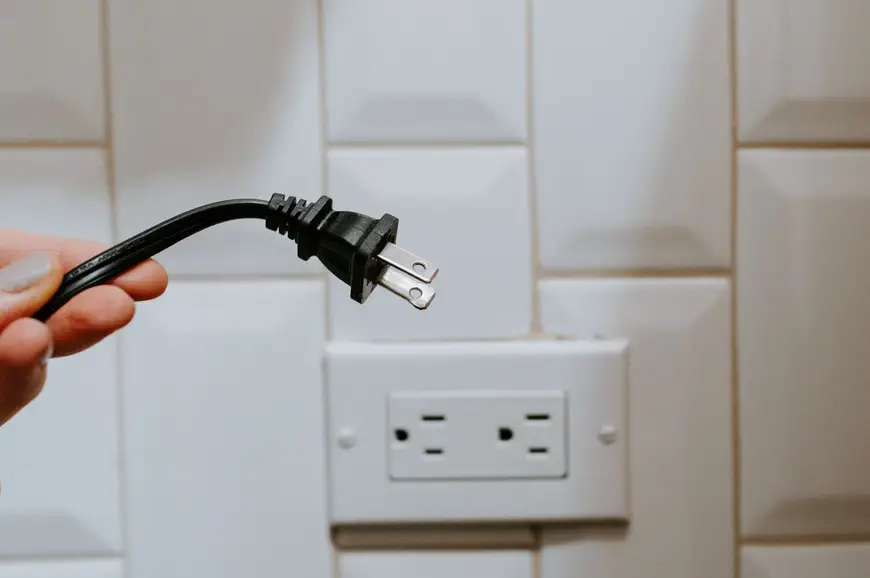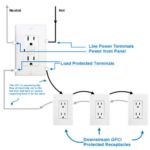Home electrical fires account for an estimated 51,000 fires each year, according to the Electrical Safety Foundation International (ESFI). While having your home’s electrical system inspected by a qualified electrician can ensure that your system meets the safety requirements, there are additional ways that you can reduce your risk of an electrical fire. From the risks associated with common pests to how outdated wiring — and even extension cords — can pose a threat, here are just three surprising hidden dangers to look out for.
The dangers of outdated wiring
Older homes might have a lot of charm, though those with outdated electrical systems can be a major risk factor when it comes to fires. For example, homes wired with aluminum wire manufactured before the year 1972 are actually 55 times more likely to have one or more connections that will reach fire hazard conditions than a home that’s wired with copper, according to the CPSC.
Central County Fire goes on to explain that this is primarily due to the deterioration processes in the aluminum, which causes an increased resistance to the flow of electricity. In turn, this can result in overheating, with signs of a problem including flickering lights, circuits that don’t work, the smell of burning plastic at outlets/switches, and face plates on receptacles/switches that are hot to the touch.
Fireresucue1.com further highlights the risk of outdated wiring in homes, noting “If a home is over 20 years old, it may not have the wiring capacity to handle the increased amounts of electrical appliances in today’s average home, such as computers, wide-screen televisions, video and gaming players, microwaves and air conditioners.”
How pests can create a fire hazard
While rodents are well known to be health risks due to their capability to spread diseases, they can also pose a threat to your home’s electrical wiring system as well. Unfortunately, small, round electrical wires and their location within your home’s walls present the perfect opportunity for rodents to chew on should they happen to enter your house. In turn, a rodent chewing on your electrical wires can cause major issues to your home’s wiring, and can put you at a tremendous risk of an electrical fire, highlighting the importance of eliminating rodents altogether. That said, prevention is key when keeping rodents away from your electrical wires.
Eliminating a rodent’s opportunity to enter your home to begin with is the easiest way to do this, and can be done by sealing any cracks or openings on the exterior of your home as well as by trimming any branches that allow for a rodent to access your house, too.
Maintaining a clean environment indoors is another way to keep rodents at bay, while pest control measures can aid in preventing rodent related electrical damage as well. For instance, rodent-resistant cable sleeves can be a great investment for exposed and at-risk wiring. However, should you happen to notice the hallmark signs of a rodent in your home (aka scratching behind the walls, droppings, or even electrical issues like flickering lights or power), calling an electrician is essential in order to determine whether or not your wiring is safe or needs to be worked on.
The dangers of electrical overloads
Electrical overloads are another major safety issue, and are one that can often go overlooked, as plugging in an extension cord can generally be seen as a quick and convenient fix when in need of extra outlets. However, doing this can actually lead to an overloaded circuit, which is designed to only handle a certain amount of electricity.
While this can be generally prevented by refraining from overusing extension cords, Kentucky Living notes that various warning signs can point to an overloaded circuit, and includes those such as outlet switch covers that are warm to the touch, flickering lights, frequently tripped circuit breakers, and burning odors coming from outlets or switches, to name just a few. Kentucky Living further goes on to recommend locating your circuit panel if you do notice an overload, and checking to see if any of the switches in the panel have been tripped before turning them off and back on again. If the issue happens again when an extension cord isn’t plugged in, calling an electrician is the recommended course of action.
Due to the prevalence of electrical fires, it’s imperative to maintain your home’s system, which can be done in various ways that can often go overlooked. From keeping rodents at bay to refraining from the overuse of extension cords and ensuring your home’s wiring is up to date, you can ensure that your home’s wiring is safe from various threats.







Comments are closed.